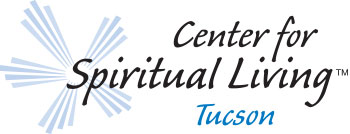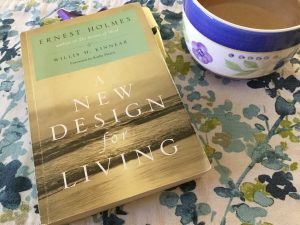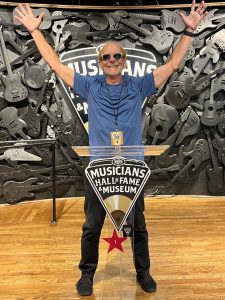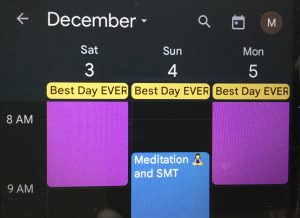A Love Story
Bob called me about a month ago to say, “I lost Sue.” He told me that for the past several months she had been suffering more physically and emotionally. Her pain was increasing and her breathing capacity was decreasing. She told John she didn’t like being a burden to him. He replied, “A burden is a weight someone puts on you, a load is something a person picks up himself. You are not a burden, you are “my” load.” Never complaining about the slack he picked up for her, he was always looking for ways to express his love for her and brighten her day.
Having witnessed her mother spend her final days in a hospital, Sue swore she would not endure that herself. They had discussed getting medical support, but Sue refused. She always did have a strong connection to the Divine. Maybe she knew her physical presence on earth was coming to an end. She told Bob she was going to live her life as she was guided and if that meant it would be a shorter life, she was at peace with that. Out of his love for her, John reluctantly said he could live with that. A few days later Bob found Sue’s unconscious body on the floor of their home. He had given her permission to go on her terms and she did.
A few days after that initial phone call, Bob contacted me again. “Remember when I said to you that I had ‘lost’ Sue? I haven’t! She’s not physically beside me, but her Love and Spirit are. As I was sitting in our home, I heard Sue’s voice say ‘I’m not gone. I’ll always be with you.’ I looked around our home and saw her everywhere – in the books she loved, the treasures she brought home from travels, in the wonderful memories we made, in my heart. A sense of peace came over me.”
After that conversation, I found this and passed it on to Bob. “We may reach…inner calm when we become totally in tune with the Infinite, when we come to a place within of knowing that we are at all times at one with the Infinite expression of Love. No matter what we experience at any given moment, we have the freedom of choice to be at peace, serene, calm in Love.” Rev. Dr. Marilyn Louise Leo (Jan 2023 SOM Magazine p.50) This is exactly how I witness Bob carrying on.
As Bob is going through his days now, he continues to talk to and ask for advice from Sue. Now, without her physical limitations, she can accompany him on walks through the desert and other adventures, experiencing through his eyes. When he needs direction, he puts the question out there and remains open. The answer always comes, and he knows it is inspired by Sue, by Love, as she is one with Spirit. He doesn’t know what direction his life is going to take, but he is living it from Inspiration, from his connection to the Infinite expression of eternal Love.
That I call a true, everlasting Love story.
–Janet Salese










